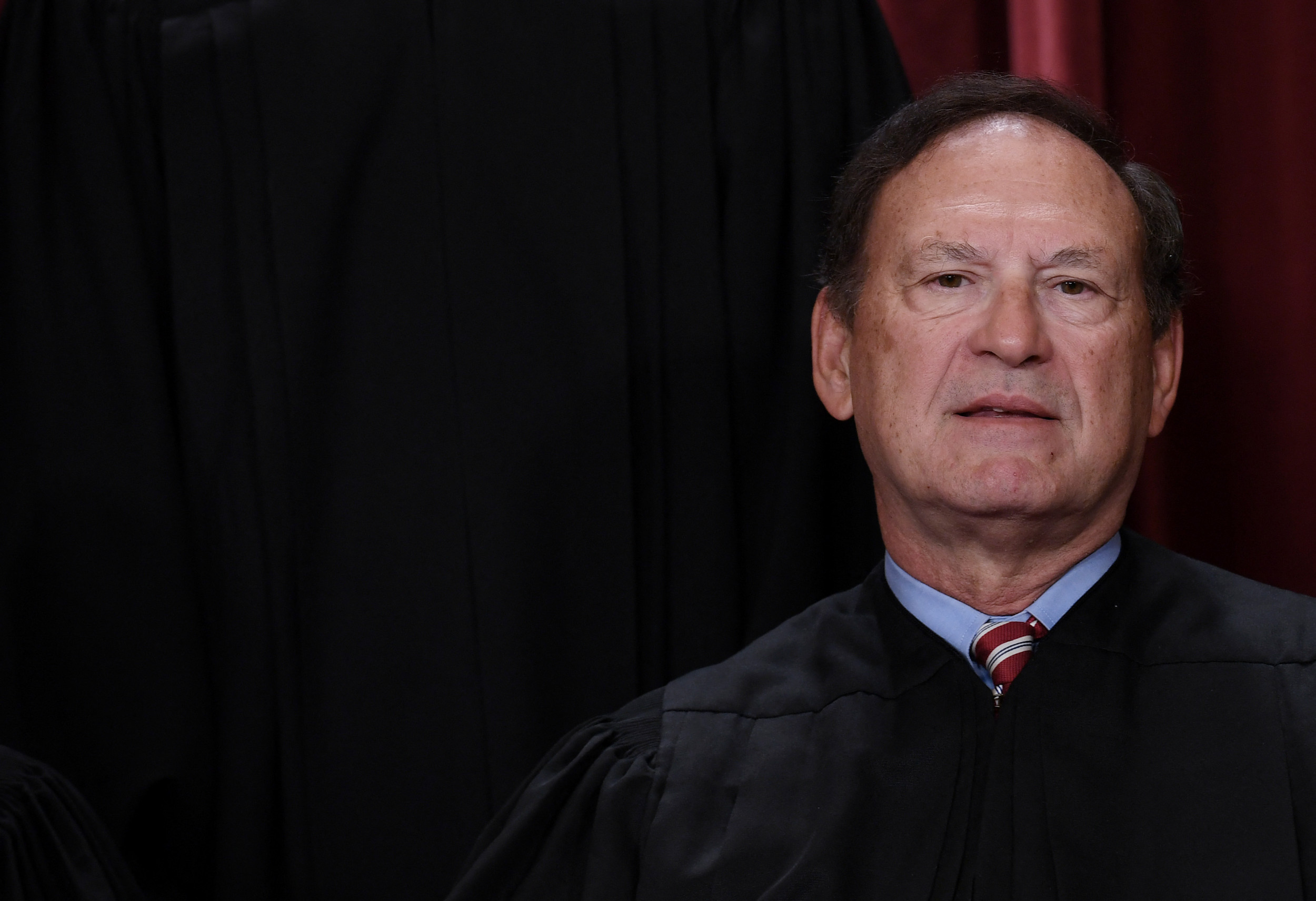President Joe Biden enters 2023 as the first serving president in his 80s and lingering questions about his political future, but the past 12 months have been surprisingly good for the commander in chief.
Inflation is coming down from near record highs and the price of gas has also fallen, while Biden can point to legislative accomplishments and even some major bipartisan wins.
Biden can also celebrate better than expected midterm election results that will see Democrats retaining control of the Senate and leave Republicans with a slim majority in the House of Representatives.
Here are some reasons to think Biden has had a brilliant year.

Legislative Wins
Biden has achieved notable bipartisan victories in 2022 on the legislative front, while Democrats have also successfully passed a major piece of legislation designed to tackle inflation.
The president signed the Bipartisan Safer Communities Act in June—the first piece of federal gun violence legislation to be passed in 30 years.
There was also bipartisan support for the Creating Helpful Incentives for the Production of Semiconductors (CHIPS) for America Act, which aims to tackle shortages in essential semiconductor chips. Biden signed that legislation into law in August.
Biden also signed the Inflation Reduction Act of 2022 in August. That legislation was passed by Democrats using the budget reconciliation process and it's a significant win for Biden because it revived much of the Build Back Better Act, which failed to pass the Senate in 2021 when Democratic Senator Joe Manchin voted against it.
The act aims to tackle inflation through reducing the deficit as well as lowering prescription drug costs and investing in energy security and climate change programs, among other measures.
Earlier this month, Biden signed the Respect for Marriage Act, another bill that enjoyed bipartisan support. The legislation is designed to protect interracial marriages amid concerns that the Supreme Court could potentially overturn landmark rulings such as 2015's Obergefell vs. Hodges, which effectively legalized same-sex marriage nationwide.
And with just days to go before Christmas, the Senate and House approved a $1.7 trillion omnibus spending package that prevented a threatened partial government shutdown.
The Economy
The U.S. experienced annualized rates of inflation at near 40-year highs in 2022 but inflation has fallen back in recent months in welcome news for the Biden administration, while other economic indicators are also positive.
The annualized rate of inflation in November was 7.1 percent, down from 7.7 percent in October in what may be seen as another indication that U.S. inflation has peaked.
Gas prices fell to their lowest level in a year in December despite the ongoing war in Ukraine and reductions in output by the oil producing group of countries known as OPEC+.
The national average for a gallon of gas was $3.13 on Wednesday, according to the American Automobile Association.
Biden and Congress also prevented a pre-Christmas strike by rail workers that would have caused potentially major disruption to the economy, though the deal the president signed forced the acceptance of a contract and has left many rail workers unhappy.
Unemployment has remained low and stood unchanged at 3.7 percent in November, while the total nonfarm payroll employment increased by 263,000 that month.
Some economists have been warning that the U.S. could be heading for recession but there was little indication of this in the third quarter, with Gross Domestic Product (GDP) growing at an estimated annualized rate of 3.2 percent—faster than the 2.9 percent predicted last month.
The Biden administration has stressed that the U.S. is not in recession and they do not believe a recession is ahead. Third quarter figures appear to support that view.

Polls and 2024
Public polling remains a sticking point for Biden, whose approval rating has been in negative territory since August, 2021. However, some recent polls point to an improvement in the president's standing with voters.
Poll tracker FiveThirtyEight's analysis, which takes into account a significant number of polls, found that Biden's average approval rating was 43.3 percent on January 1, 2022, while disapproval stood at 51.6 percent.
On December 27, Biden's approval rating was 43.3, while 51.4 percent disapproved of him.
Those numbers suggest that the president's approval has been steady overall, but it fell as low as just 37.5 percent in July, according to FiveThirtyEight. His approval appears to have made a marked improvement in recent months.
Biden also enjoys a polling advantage over his most likely 2024 presidential rival—former President Donald Trump—in the most recent hypothetical matchups.
Biden leads Trump with 45 percent to the Republican's 41 percent in a YouGov/Yahoo News poll conducted from December 15 to 19, and he leads with 43 percent to Trump's 41 percent in a Morning Consult poll from December 16 to 18.
Midterms Success and the New Congress
Polls may be of less interest to the president than elections and on that front, Democrats have reason to be pleased.
Democrats managed to retain control of the Senate—in large part by defeating candidates endorsed by Trump—but Senator Kyrsten Sinema's decision to leave the Democratic Party has complicated matters.
Nonetheless, Democrats will be able to exert control over the Senate's agenda and Republicans should be prevented from blocking judicial nominees, including for the Supreme Court if the situation arises.
Though Biden's party lost control of the House in the November midterms, Republicans will have only a slim majority in the chamber when the new Congress meets on January 3 and there are major divisions in the House GOP that mean House Minority Leader Kevin McCarthy may not be elected speaker on the first ballot.
Those Republican divisions extend to the relationship between the House and Senate, with McCarthy and Senate Minority Leader Mitch McConnell at odds over the omnibus spending bill.
A group of 13 House Republicans warned last week that they would not co-operate with any GOP senator who helped to pass the spending package. Fourteen Republican senators, including McConnell, voted in favor of the bill.
Republican in-fighting could be beneficial to Democrats in a closely divided Congress and Biden's track record of bipartisan wins could point to new opportunities for co-operation with at least some GOP lawmakers.
As Biden enters the third year of his presidency, he may already have eyes on 2024. Next year may be crucial for Biden's re-election hopes but 2022 has been unexpectedly good for the president.
Newsweek has asked the White House for comment.
Uncommon Knowledge
Newsweek is committed to challenging conventional wisdom and finding connections in the search for common ground.
Newsweek is committed to challenging conventional wisdom and finding connections in the search for common ground.
About the writer
Darragh Roche is a U.S. News Reporter based in Limerick, Ireland. His focus is reporting on U.S. politics. He has ... Read more





